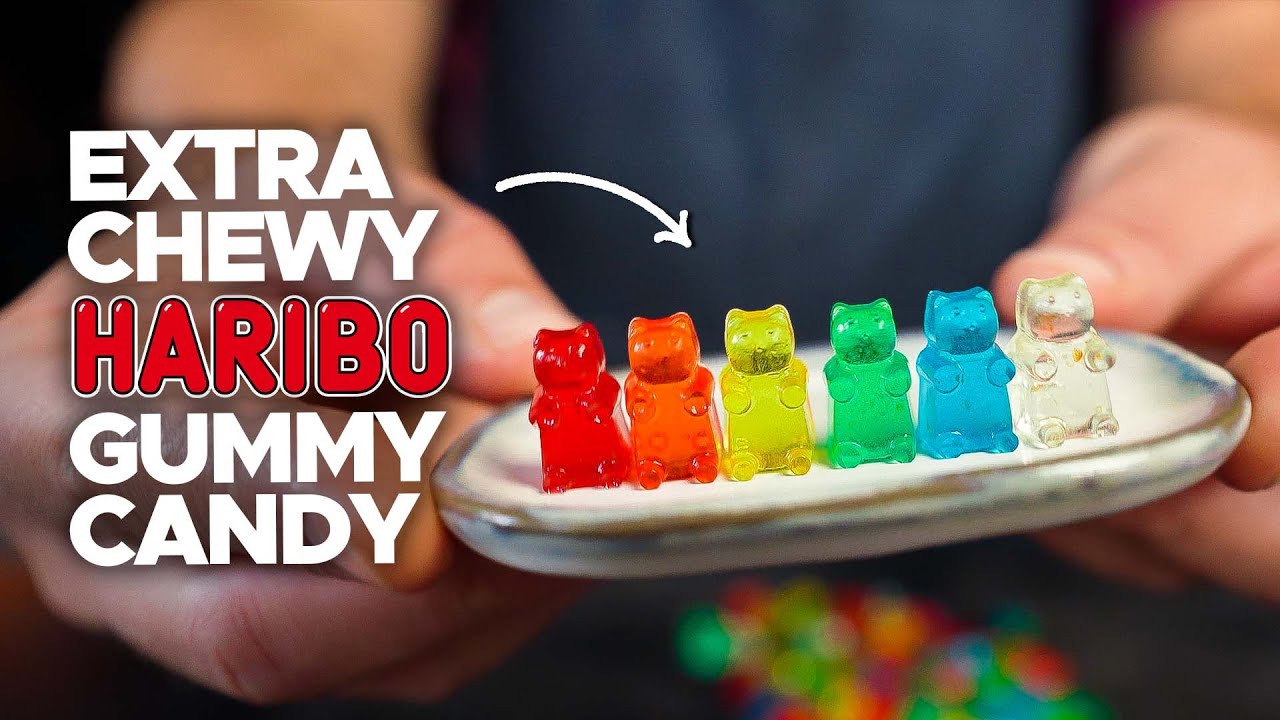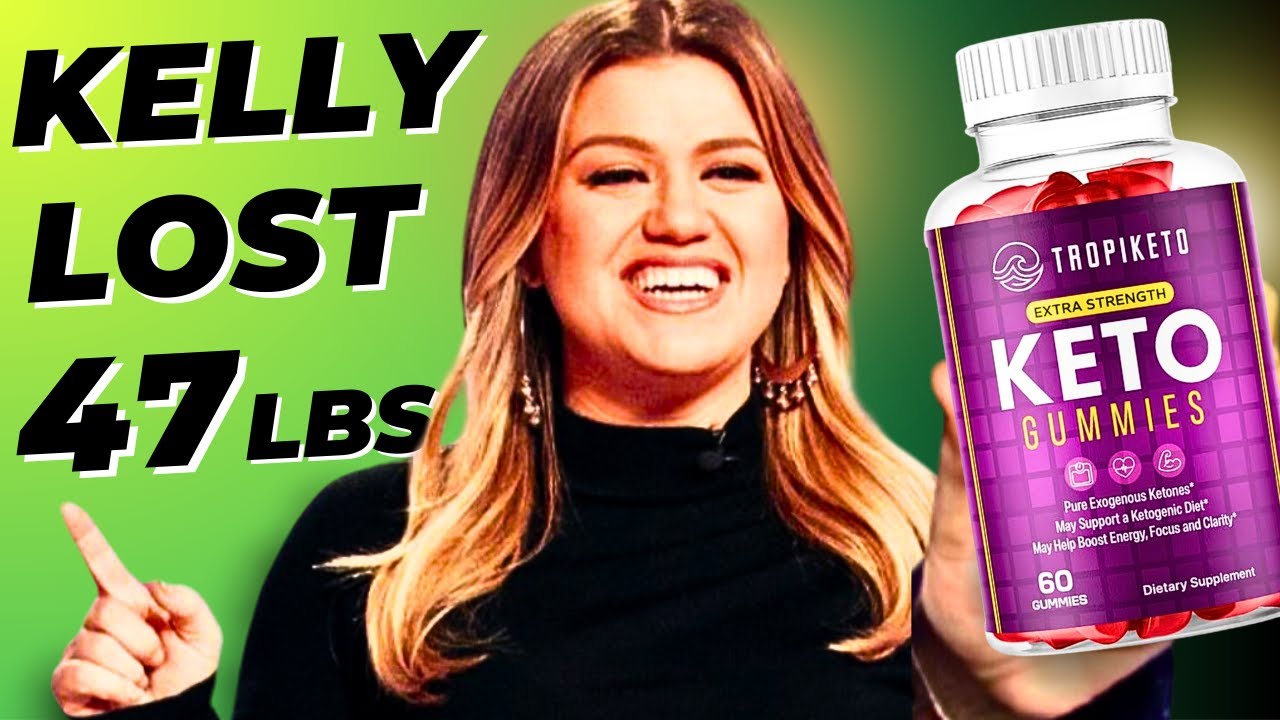Curts Concentrates Cbd Gummies Top Rated Cbd Gummies With Natural Benefits
Can Marijuana Gummies Offer Relief for COPD Patients? A Closer Look
#HowTo #THC #Gummies #Tutorial #Educational #Marijuana #Cannabis #cannagummies #Fo20tv #ManManTheGrower Man Man the grower makes THC gummies. Simple and really good!! Follow @Fo20tv on instagram and twitter ANY BUSINESS [email protected]
Unveiling The Origin Of Hemp Gummies
Dazzvape U KEY CBD Vape Pen Battery with Variable Voltage Function. More details please check here :https://www.dazzvape.com/vaporizer/u-key/
Transform Your Nights With Vita99 Sleep Well Gummies For A Good Night And Sleep Well
Pure Love Cannabis Sex Gummies | Enhance Your Pleasure Naturally! 🍓💋 Looking to spice things up in the bedroom? Meet Pure Love Cannabis Sex Gummies, the perfect blend of pleasure and performance! Our specially formulated gummies are designed to boost your sexual wellness with a unique combination of natural ingredients: 🌿 2mg THC – Just the right amount to enhance relaxation and intimacy. ⚡ 400mg Arginine – Known to support blood flow and improve arousal. 💪 20mg Panax Ginseng – A natural aphrodisiac for increased energy and endurance. 🌸 Terpenes – Tailored for an uplifting mood and heightened senses. Available in three delicious flavors and blends: Grand Daddy Purple – For deep relaxation. Strawberry Cough – For a playful, energetic vibe. Pomegranate Sexual Arousal Blend – Our proprietary formula for maximum pleasure. Take your intimacy to the next level with Pure Love Cannabis and experience a night to remember! 💖✨
Sweet Dreams: THC Gummies for Sleeping That Really Work
Try These, They’re Amazing! #foryou #sleepgummies #viral #fok
Ive Been Struggling With Sleep Lately And I Decided To Give These Melatonin Gummies A Try
Boost Your Life with Powerful Relief #cbd #cbdoil #stronglife #painrelief #fok
Full Review Bay Smokes Farm Compliant Legal Thc Delta 9 Weed Gummies Edible Review
Understanding the Legality of CBD Gummies
The growing popularity of CBD (cannabidiol) products has led to a surge in the market for CBD-infused edibles, particularly CBD gummies. These chewy candies have captured the attention of consumers seeking the benefits of CBD in a convenient and enjoyable format. However, with the increasing availability of these products has come a wave of questions regarding their legality. Are CBD gummies legal everywhere? This article aims to clarify the legal status of CBD gummies, exploring various factors such as regulations, differences in state laws, and the implications of THC content.

At the heart of the legality question is the source of the CBD used in these gummy products. CBD can be derived from either hemp, which is legally defined as cannabis plants containing 0.3% or less THC (the psychoactive compound responsible for the ‘high’ associated with marijuana), or from marijuana itself, which typically contains higher THC levels. The 2018 Farm Bill was a significant turning point in cannabis legislation in the United States, legalizing hemp-derived CBD at the federal level while leaving room for individual states to impose their own regulations.
As with many rapidly emerging markets, clarity on legality can be muddled. For instance, while CBD derived from hemp is generally permissible under federal law, specific state laws may dictate different regulations regarding the sale and consumption of CBD products, including gummies. Additionally, consumers often face confusion regarding labeling, quality control, and safety of CBD products, prompting questions about the authenticity of the products they are purchasing. In this article, we will dissect seven critical facts you need to consider regarding the legality of CBD gummies to navigate this complex legal landscape effectively.
1. Federal vs. State Laws
As of now, the legal framework surrounding CBD products is a patchwork of federal and state regulations. Under the 2018 Farm Bill, hemp and hemp-derived products that contain less than 0.3% THC were legalized at the federal level. This means that, in principle, CBD derived from hemp is legal across the United States. However, every state has the authority to set its own laws regarding the sale and possession of CBD products, resulting in a lack of uniformity. Some states have embraced CBD products wholeheartedly, allowing for full commercialization, while others have implemented strict regulations or outright bans.

Some states have their own definitions and thresholds for what constitutes legal CBD, often diverging from federal guidelines. For example, states like Idaho and South Dakota have stringent laws regulating hemp and CBD products, creating an environment where confusion and uncertainty thrive. Consumers in these areas must remain diligent in understanding their local laws before purchasing or consuming CBD gummies to avoid unintentional legal repercussions. This inconsistency can lead to confusion for consumers, retailers, and even law enforcement.
Furthermore, the enforcement of these laws can vary dramatically across states. In more progressive regions where CBD has been well-received, business licenses and sales regulations for CBD products, including gummies, may be well-defined, facilitating a thriving market. Conversely, in states with more conservative attitudes towards cannabis, law enforcement may target CBD businesses more aggressively, leading to premises being shut down or products confiscated. It’s essential for consumers to stay updated on local laws as they can change based on political climates and public perception of cannabis products.
2. THC Content and Its Implications
One of the pivotal factors determining the legality of CBD gummies is their THC content. Gummies marketed as “full spectrum” typically contain a broader range of cannabinoids, which may include varying amounts of THC. While these products can potentially offer an entourage effect – where different cannabinoids work together for enhanced benefits – they can also cross the legal line if THC levels exceed 0.3%. Products that contain more than this threshold can be classified as illegal marijuana rather than hemp, subjecting them to different legal consequences.
Moreover, the presence of THC raises additional concerns related to safety and intoxication. Consumers may mistakenly assume that products labeled as “hemp-derived” carry no risk of impairment. However, full-spectrum products can lead to psychoactive effects, which many individuals might not expect. This misunderstanding further complicates the legal discourse surrounding CBD gummies, as consumers may find themselves in legal trouble if their product doesn’t adhere to federal regulations concerning THC levels.
In contrast, broad-spectrum products, which contain multiple cannabinoids but no THC, or CBD isolate products, which are purely CBD, are often viewed as safer legal options. For individuals concerned about drug testing or the potential stigma associated with THC, these alternatives provide a viable path to enjoy the benefits of CBD without straying into legally ambiguous territory. Understanding what you’re consuming is crucial for compliance and avoiding complications, as well as ensuring personal health and safety.
3. The Impact of Lab Testing and Quality Control
As the CBD market grows, so do concerns about product quality, safety, and labeling. High-quality CBD gummies should undergo rigorous third-party lab testing to guarantee their contents align with what is advertised on the label. Poorly regulated or untested products often fall prey to contamination issues, mislabeling, or lack of active ingredients, posing significant risks to consumers unaware of such conditions. Consumers seeking to avoid legal and health complications must prioritize purchasing from reputable brands that provide transparent lab results readily.
Furthermore, the lack of standardized regulations specific to CBD products can result in significant discrepancies in potency and quality. While the FDA has stated its commitment to overseeing the development of guidelines for CBD and THC products, many manufacturers currently operate in a legal gray area, which can lead to inconsistencies in the marketplace. Depending on the brand’s transparency about testing practices, consumers might be better equipped to make informed decisions about what they purchase, avoiding illegal or unsafe gummy products.
Additionally, understanding the implications of cannabinoid content on consumer health cannot be overlooked. Products that contain contaminants such as heavy metals, pesticides, or residual solvents pose health risks alongside legal implications. An informed consumer base equipped with knowledge about testing practices can foster accountability in the CBD market, prompting manufacturers to prioritize quality over profits. Therefore, regular lab testing is not just about legality; it is the bedrock of consumer safety and trust within an industry that remains under scrutiny for its nascent regulations.
4. Medical Use and Legalization Trends
The medical use of CBD has been a significant catalyst behind the legalization efforts in many states. Research suggesting therapeutic benefits of CBD, including pain relief, anxiety reduction, and alleviating severe health conditions, has bolstered arguments for its legalization. This medical perspective often leads states to carve out regulations permitting the use of CBD for specific health conditions, influencing public policy aimed at fostering accessible medical treatments.
As public awareness grows and anecdotal evidence continues to pile up regarding CBD’s benefits, more states are redefining their legal stance on CBD and THC. These shifting attitudes frequently lead to broader consumption legislations, including the legalization of recreational use of marijuana in many regions, which can, in turn, affect the sales of CBD gummies. Increased acceptance may support both recreational and medicinal markets; yet, ongoing education about CBD’s benefits and limitations remains paramount in enlightened public discourse.
This trend also suggests a potentially more favorable legal landscape for CBD products in the future. More states are considering or actively pursuing comprehensive legislation addressing the sale and use of CBD, which could lead to a scenario where the market is better regulated and more homogenized. As part of this evolution, consumers may find it easier to navigate the legality of what they purchase, leading to greater safety and acceptance of CBD products like gummies across diverse communities.
5. Consumer Responsibility and Due Diligence
In light of the complex legal landscape surrounding CBD gummies, consumers must take responsibility for educating themselves about the products they choose to use. This includes researching the source of the CBD, understanding the differences between hemp-derived and marijuana-derived products, and recognizing how local laws may affect their legal standing. Engaging with reputable brands and staying informed about ongoing legislative developments can empower consumers to make choices that align with both their health needs and legal compliance.
Furthermore, being aware of the packaging and labeling is critical in ensuring product safety and legality. Consumers should look for products that display clear labeling, including indication of third-party testing, cannabinoid content, and sourcing information. Lack of clear labeling can sometimes indicate a lack of quality control, posing risks to health and well-being while also opening the door to potential legal issues if the product doesn’t meet regulatory requirements.
Ultimately, as the CBD market matures, consumer vigilance remains essential. Advocating for transparency and accountability will foster a safer marketplace for all. Engaging with organizations that promote education about CBD and cannabis-related health benefits can facilitate informed decision-making. By prioritizing personal research and understanding the legal implications of their purchases, consumers can navigate the challenges presented by the evolving CBD landscape safely and responsibly.
Final Thoughts and FAQs
As we wrap up this exploration into the legality of CBD gummies, it’s essential to synthesize the information and provide clarity on some commonly asked questions. Many individuals still harbor misconceptions about CBD products and their legal status, ranging from concerns about THC content to the implications of local regulations. One of the most pressing questions remains: are CBD gummies legal in my state? The answer varies significantly depending on jurisdiction and the source of CBD, hence underscoring the importance of being informed about local laws.
Another common question is whether CBD gummies can make one fail a drug test. While hemp-derived CBD gummies should theoretically pose no risk, the presence of even trace amounts of THC in full-spectrum products could yield a positive drug test result. For those concerned about drug testing, opting for broad-spectrum products or CBD isolates may be more prudent. Consumers must balance their desired benefits with potential risks to navigate their choices wisely.
Additionally, people often inquire about the health benefits associated with CBD gummies. Research suggests that CBD may have various therapeutic applications, including anxiety relief, anti-inflammatory properties, and alleviating chronic pain. Consumers must consult healthcare professionals when considering CBD for medicinal purposes to ensure it aligns with their overall health strategy.
The rapid evolution of the CBD market reflects broader changes in societal attitudes toward cannabis. Staying educated, understanding the nuances of legality, and advocating for responsible use are pivotal as consumers navigate this exciting yet complex space. Looking ahead, it’s likely that further regulations and greater clarity will shape the landscape of CBD gummies and other related products, ensuring safer experiences for all consumers.
Navigating CBD Oil Side Effects: What to Expect and How to Mitigate
CBD oil has gained significant popularity in recent years as a natural remedy for various ailments. Derived from the cannabis plant, CBD, or cannabidiol, is a non-psychoactive compound that has been found to have numerous health benefits. Unlike its counterpart THC, CBD offers therapeutic effects without the high associated with marijuana use. In this article, we will explore the uses and benefits of CBD oil and how it can improve your overall well-being.
The Power of CBD Oil
One of the most well-known uses of CBD oil is its ability to alleviate chronic pain. Studies have shown that CBD can help reduce pain by interacting with the endocannabinoid system in the body, which is responsible for regulating pain, mood, and other functions. Whether you suffer from arthritis, migraines, or muscle soreness, CBD oil may provide relief without the unwanted side effects of traditional pain medication.
In addition to pain relief, CBD oil has been found to have anti-inflammatory properties that can benefit a variety of conditions, including acne, eczema, and psoriasis. By reducing inflammation in the body, CBD oil may help improve skin health and alleviate symptoms associated with these skin conditions. Many skincare products now include CBD oil as a key ingredient for its potential to promote healthier skin.
Another benefit of CBD oil is its potential to reduce anxiety and improve mental health. Research has shown that CBD can interact with serotonin receptors in the brain, which play a key role in regulating mood and anxiety levels. By promoting a sense of calm and relaxation, CBD oil may help those suffering from anxiety disorders, OCD, PTSD, and other mental health conditions.
Furthermore, CBD oil has shown promise in treating neurological disorders such as epilepsy and multiple sclerosis. In fact, the FDA has approved a CBD-based medication, Epidiolex, for the treatment of seizures associated with two rare forms of epilepsy. Studies have also suggested that CBD may help improve symptoms of neurological conditions like Parkinson’s disease and Alzheimer’s disease by protecting brain cells and reducing inflammation.
Additionally, CBD oil may offer relief for those struggling with insomnia and sleep disorders. By promoting relaxation and reducing anxiety, CBD oil can help improve sleep quality and duration. Many individuals have reported experiencing better sleep after incorporating CBD oil into their nightly routine.
Overall, CBD oil has the potential to improve your quality of life by offering natural relief for a variety of physical and mental health conditions. Whether you are seeking pain relief, skin benefits, or anxiety reduction, CBD oil may be a safe and effective option for achieving optimal wellness.
FAQs About CBD Oil
1. Is CBD oil legal?
Yes, CBD oil derived from industrial hemp containing less than 0.3% THC is legal in most states. However, it is essential to check your local laws and regulations before purchasing CBD oil.
2. How do I choose a high-quality CBD oil?
When selecting a CBD oil product, look for brands that provide third-party lab testing results to ensure purity and potency. Additionally, opt for products that are made from organic, non-GMO hemp for the best quality.
3. Are there any side effects of using CBD oil?
While CBD oil is generally well-tolerated, some individuals may experience side effects such as dry mouth, dizziness, and changes in appetite. It is essential to consult with a healthcare professional before starting any new supplement regimen.
4. How should I take CBD oil?
There are various ways to consume CBD oil, including sublingual tinctures, capsules, edibles, and topical creams. The most effective method may depend on your desired effects and personal preferences.
5. Can CBD oil interact with other medications?
CBD oil may interact with certain medications, so it is crucial to consult with your healthcare provider before using CBD oil, especially if you are taking prescription medications or have underlying health conditions.
cbd oil cat
cbd gummies with thc
what is cbd gummies
cbd gummies para la ereccion
buy cbd gummies
cbd oil for dogs dose calculator
side effects of cbd oil
thc gummies for nerve pain
how long do thc gummies last
what is cbd oil good for
best thc gummies 2022
cbd gummies for sale
cbd gummies for sale
thc-0 gummies
how long does thc from cbd gummies stay in your system
do thc gummies expire
cornbread hemp gummies
uno cbd gummies
best cbd gummies for anxiety and stress
thc gummies for sleep























